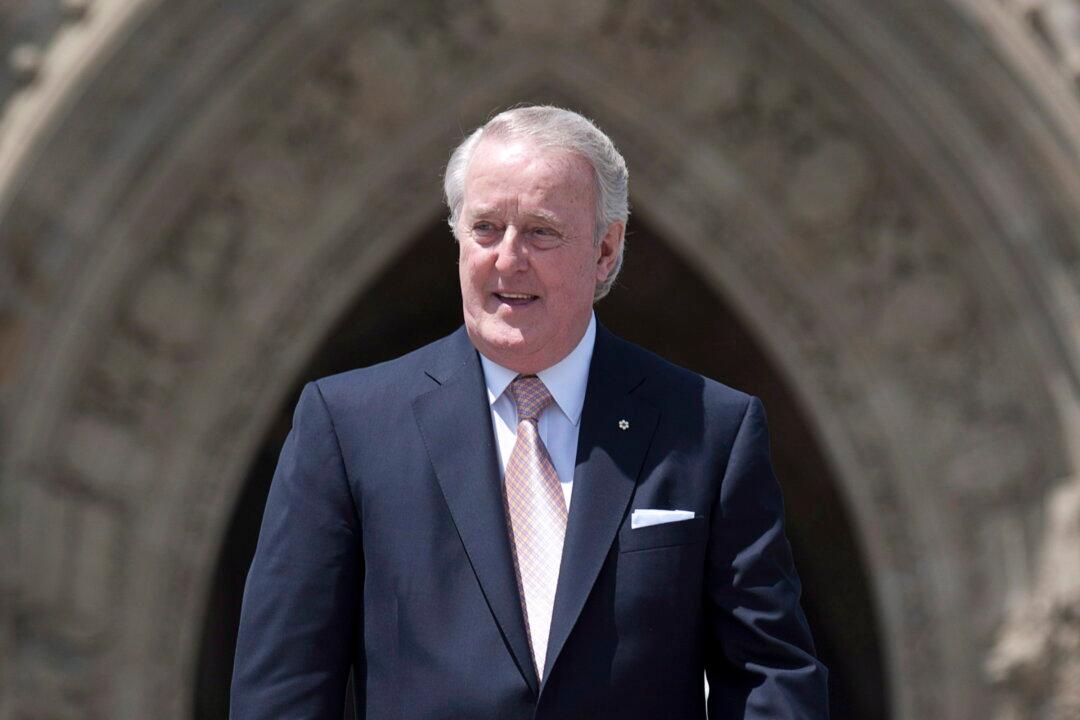Commentary
Since the news broke of the passing of Brian Mulroney, Canada’s 18th Prime Minister, many commemorations and personal anecdotes have poured forth. So many people knew him and were inspired by him, and so many more people who didn’t know him felt like they knew him and that inspiration carried forth to them.





